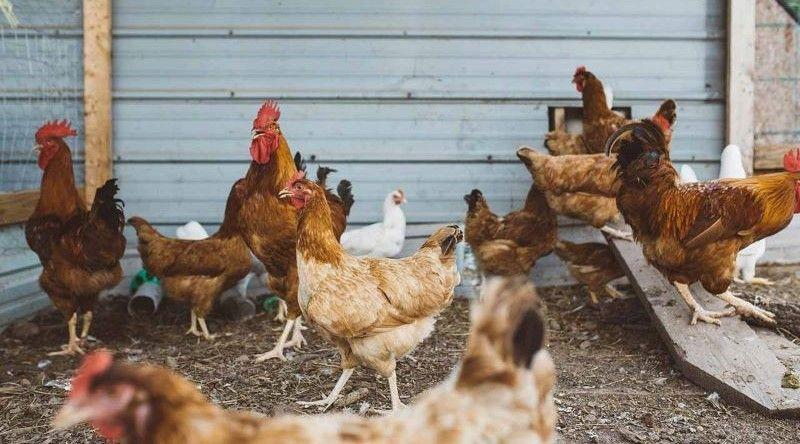
Africa-Press – Cape verde. The Ministry of Agriculture and Environment today assured that the outbreak of avian flu registered on a poultry farm in Sintra (Portugal) “does not pose a high risk” for Cape Verde, as no confirmed cases have been registered to date.
This clarification was issued in a statement by the Ministry of Agriculture and Environment to clarify the outbreak of avian flu that was registered on a poultry farm in Portugal and its impact on the country.
“In Cape Verde, to date, no confirmed cases of avian flu have been registered, despite the country being an importer par excellence and being on the route of migratory birds and at the crossroads of several continents, with a high circulation of people and goods”, it assured.
The statement states that the import of chicken meat comes mainly from Brazil, the Netherlands and Belgium, despite there being no scientific evidence of infection by this virus through the consumption of meat and eggs, and that the country has been taking steps to minimize the risks of introducing avian flu.
The same source said that Cape Verde already has a contingency plan for the “highly pathogenic” avian flu, as well as a communication plan. It also has, he continued, personal protective equipment and is currently acquiring more equipment and installing RT-PCR diagnostic techniques. The statement also states that inspection services are being strengthened and digitalized and that the technical capacity of inspectors is also being improved to meet the country’s needs. He recalled that in December 2024, with the support of the FAO, simulation exercises were carried out on the management of the outbreak of Highly Pathogenic Avian Influenza (HPAI), with the participation of livestock technicians and the INSP, and that training of laboratory technicians in disease diagnostic techniques is planned. These actions, he reported, reinforce the awareness-raising and training work of health and livestock technicians, breeders, journalists and civil society, carried out when the first cases of avian flu emerged. Regarding the import of day-old chicks and fertile eggs, which may pose a risk, it was clarified that they are imported under “strict health control”, as they are inspected in the country of origin by the official veterinary services, which issue an international health certificate.
In addition to this, they always come from areas and farms free of infectious diseases and are inspected by the Cape Verdean side at the country’s borders, ports and airports.
The Ministry of Agriculture and Environment also stressed that the risk of bird flu occurring in Cape Verde can be reduced if everyone does their part, which is why it recommended that free-range poultry should be avoided and that health measures on farms should be improved.
It advised that the nearest Ministry of Agriculture and Environment or health departments should be notified immediately if any dead birds are found, especially in areas with stagnant water, such as salt pans, wastewater treatment plants and dams, among other places where migratory birds can be found.
The same source also recommended that in the event of detection of sudden death or abnormal death in a family poultry farm, contact the livestock service and avoid contact with dead animals, bury or burn them.
The Highly Pathogenic Avian Influenza Virus (HPAI) of the H5N1 subtype was first diagnosed in Hong Kong in 1997. It reappeared in 2003/2004, spreading from Asia to Europe and Africa, causing hundreds of cases and deaths in humans, as well as the destruction of hundreds of millions of poultry.
For More News And Analysis About Cape verde Follow Africa-Press





